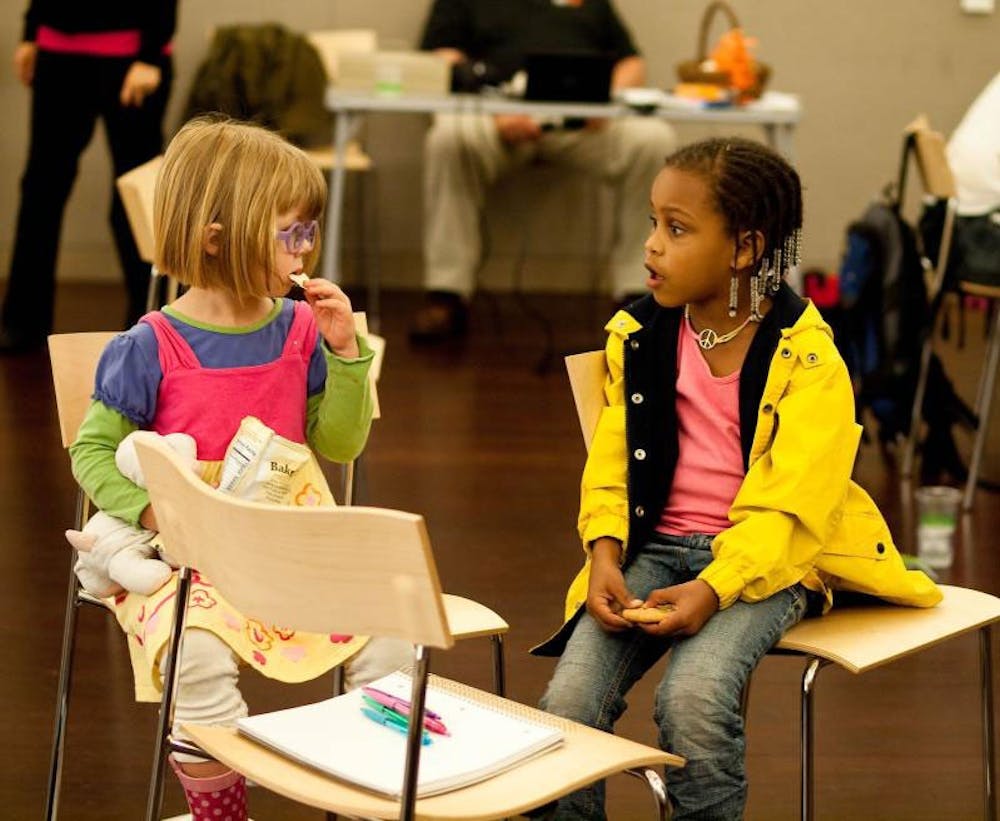By Julia Camara | Contributor
It's the third week of school and life is finally settling into a routine. So now that we're all comfortable, let's glance up from our phones and take a look around. Whether you are a freshman, still wet behind the ears, or a super senior with enough Taylor gear to open a thrift shop, you may have noticed by now that people generally look like their friends. Am I right? Or is it just coincidental that you probably share the same physical appearance as your bestie?
The truth is you don't have to tell someone to make friends with a look-alike. It just happens. And this social pattern is not easy to miss: Tall people next to tall people, blondes offering their hair ties to other blondes, besties with matching tattoos. It's only human to be attracted to people visually similar to yourself. With such friends we feel more comfortable and accepted.
But something can be lost if we only spend time with other versions of ourselves. Segregating ourselves prevents us from growing. Life has more zest and color when you move to a new table in the DC, or actually talk to the people in class you judged by their outward appearance.
So you are probably thinking, "Yes, I've heard the intentional community speech about a hundred times." Instead of intentional community, think about it as a way to study yourself, improve your social skills and address segregation. Spending time with people who think differently than you can actually help you understand how you as an individual process life.
You may ask, "But, if it's natural to segregate ourselves in order to feel comfortable, why diversify our friend groups?"
As Jay Kesler once noted in a chapel address, "If you're not awkward, you're not growing." Yes, routine is crucial to getting through life, but if you want change, improvement and growth, you've got to be uncomfortable sometimes.
Engaging with new people challenges you to be open-minded and accept different ways of living. It also allows you to appreciate the gifts of people unlike you. Not everyone on campus has the baking skills of English girls, or the gumption to wear a toga and sing about fruit, like Penthouse guys, or the wisdom to wow a student body a quarter his age, like Jay Kesler. Humor aside, it's important and healthy to extend your friend groups beyond what's comfortable. The small decisions you make today may solve the racial, religious, and cultural issues of tomorrow.





